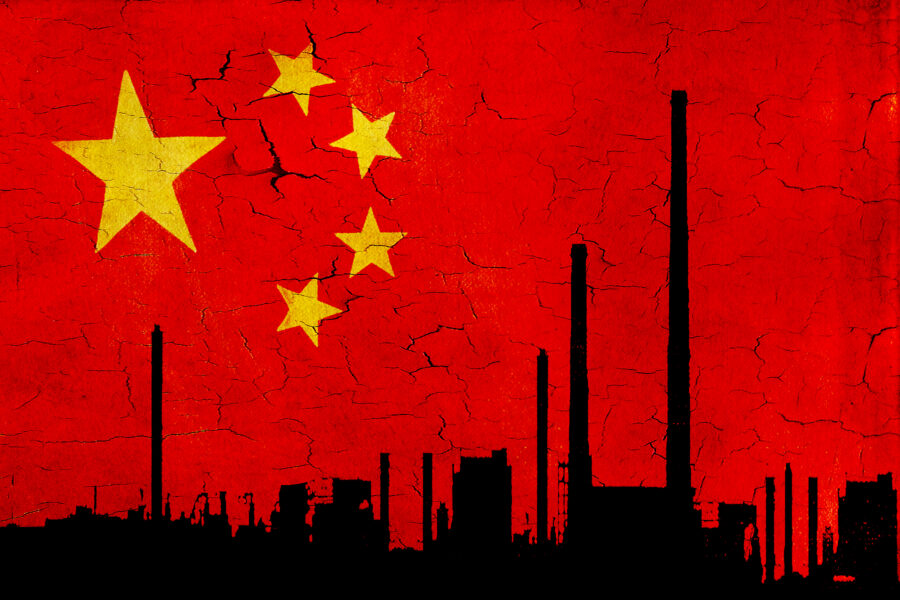
We have conducted a new study on state-sanctioned forced labour at battery and electric bus manufacturers in China relevant to Swedish public procurement in 2022. The manufacturers included in this study are BYD, CATL, Durapower, LG Chem, Panasonic, Samsung SDI, SK Innovation, and Yutong. The study is based on publicly available government documents, social media posts, and articles. Previous reports, newspaper articles, and scholarly publications have documented how poverty alleviation programs in China facilitate forced labour of Uyghurs and other Turkic ethnic groups in Xinjiang Uyghur Autonomous Region (XUAR). Our research shows that these programs, and the enabling of forced labour, reach other ethnic minority regions as well. Local cadres working in jurisdictions that are included in the “battle against poverty” face high pressure to fulfil quotas that determine the number of farmers to be transferred into wage labour each year. Since registered poor have no choice but to submit to pressure from CCP and government cadres, labour transfer schemes entail a very high risk of forced labour as they fulfil ILO forced labour criteria no. 1 “abuse of vulnerability” and no. 6 “intimidation and threats”.
We find that three out of eight investigated manufacturers have received workers from registered poor households from seven provinces (Shaanxi, Gansu, Heilongjiang, Hunan, Yunnan, Guizhou, and Hainan) through 28 labour transfers during the past five years. Registered poor citizens had to participate in “job fairs”, were targeted through village-by-village campaigns, or got directly recruited at their doorsteps.
State-owned corporations are a second channel for state-sanctioned forced labour because they have the political responsibility to engage in industrial poverty alleviation. Research in this report suggests that battery and electric bus manufacturers’ reliance on minerals and energy involves the state-owned sector and, as a result, constitutes a major entry point for severe human rights violations. We find that all seven investigated manufacturers are directly or indirectly linked to Xinjiang, Tibet, and/or Tibetan Autonomous Regions in Qinghai.
This research was initiated and funded by ETI Sweden and its members Skånetrafiken, Trafikförvaltningen i Region Stockholm and Västtrafik.